Highlights
Director-General

News
New report highlights critical food system trends and challenges in countdown to 2030
The Food Systems Countdown Initiative report identifies governance and resilience as pivotal leverage points for food system transformation

Story
A jack of all fruits
FAO One Country One Priority Product initiative maximises potential of Bangladesh’s national fruit, the jackfruit.

FAO Director-General visits China, reaffirming the importance of partnerships on Science and Innovation
QU Dongyu visited farms with innovative agricultural practices, agriculture enterprises, as well as key research institutions

Interactive story
Understanding food insecurity
Explore the issue of food insecurity through the lenses of urbanization and gender.

In Focus
FAO in review 2024
Read the series on how FAO has further strengthened its efficiency, effectiveness and transparency to better support its Members in the transformation of agrifood systems.

In Focus
FAO response to global food security challenges
Data analyses, policy recommendations, and actions on the ground.

Publication
The State of Food Security and Nutrition in the World 2024
Every year, SOFI monitors and analyses the world’s progress towards ending hunger, achieving food security and improving nutrition. Read the report.

Interactive story
Climate change is here. But we are fighting back
With the FAO Strategy on Climate Change and its Action Plan, we are taking steps to build a better future for all.
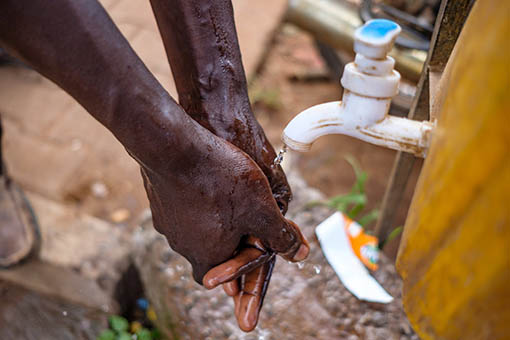
Data
Explore FAO’s global water data platform
AQUASTAT collects and analyses data from around the world to support the sustainable use of water.
Director-General

FAO Director-General visits China, reaffirming the importance of partnerships on Science and Innovation
QU Dongyu visited farms with innovative agricultural practices, agriculture enterprises, as well as key research institutions
Join the conversation
Voices of Impact
Empowering women through beekeeping in Bamyan province, Afghanistan
14/01/2025
Suraya, from Bamyan province in central Afghanistan, started producing honey with beekeeping packages and training from FAO. The income from local market sales now supports her and her siblings' education. Watch the video to see how Suraya and other women are becoming more self-reliant, diversifying their income, and contributing to their families' food security.
Video
Preserving antimicrobials for the health of people, animals and the environment
14/01/2025
To ensure these life-saving medicines work for present and future generations, we must apply the One Health approach.
Podcast
FAO 2024 Year-end Podcast
30/12/2024
FAO looks back on 2024, a year in which the Organization supported those most in need and promoted sustainable food systems to build a better future for all.
Data
World greenhouse gas emissions from agrifood systems
Source: FAO. 2024. FAOSTAT: Emissions totals. [Accessed on 15 November 2024].
https://www.fao.org/faostat/en/#data/GT Licence: CC-BY-4.0.
Download: https://doi.org/10.4060/cd2971en-fig66
2020 World
31.2%
2010 World
31.5%
In depth

Data
Transparency is key to FAO’s mission
Our new transparency portal shows how and where our resources are used and the results we have achieved. Explore the portal now.
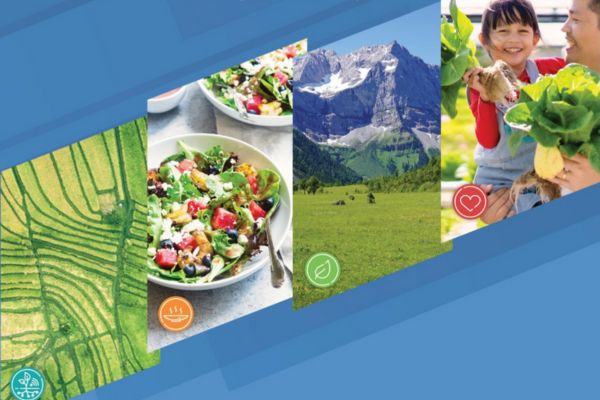
Publication
Medium Term Plan and Programme of Work
The Director-General’s Medium Term Plan (Reviewed) 2022-25 and Programme of Work and Budget 2024-25.
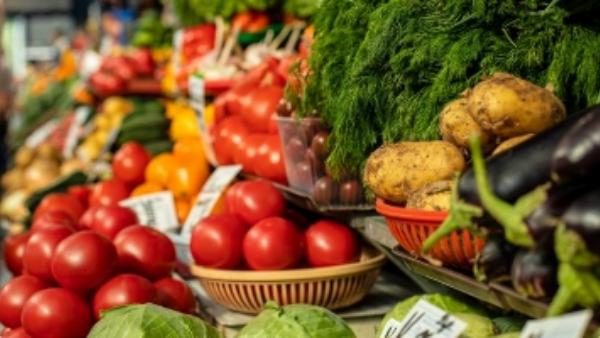
In Focus
FAO Data Lab
The FAO Data Lab for Statistical Innovation modernizes the statistical business process, with a specific focus on emergency contexts, when having access to timely information is very important.
FAO and the SDGs
Hover the mouse over an SDG icon for more information
A world free from hunger and malnutrition where food and agriculture contributes to improving the living standards of all
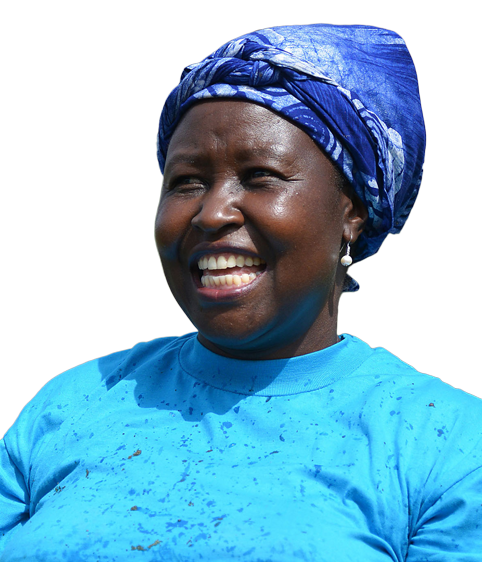
FAO works with governments and partners to empower some of the world’s most marginalized people to end rural poverty.
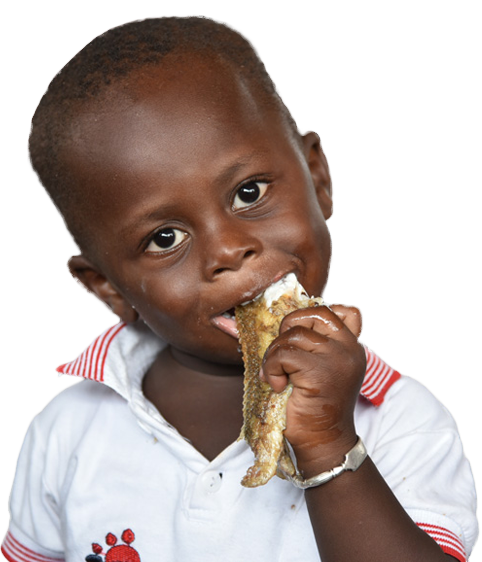
FAO helps ensure food security by developing ways of growing food that will work in the future so that millions of people don’t go hungry.
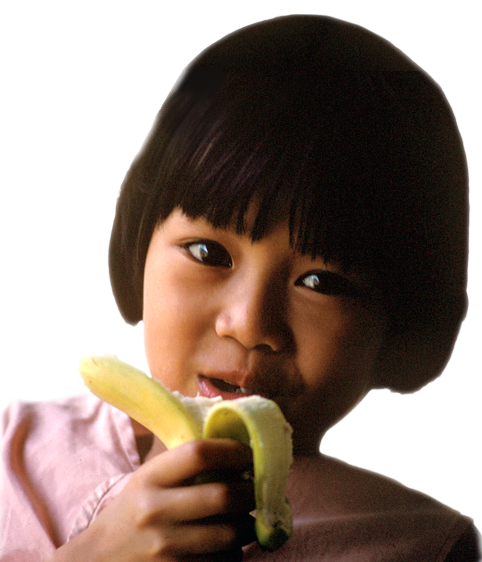
Good health starts with nutrition. FAO sets global standards and works with governments and the private sector to ensure food quality and safety throughout the food chain.

FAO invests in educational systems for rural communities and supports improved access to primary education and school meals in order to create equal opportunities for all and chances of lifelong learning.
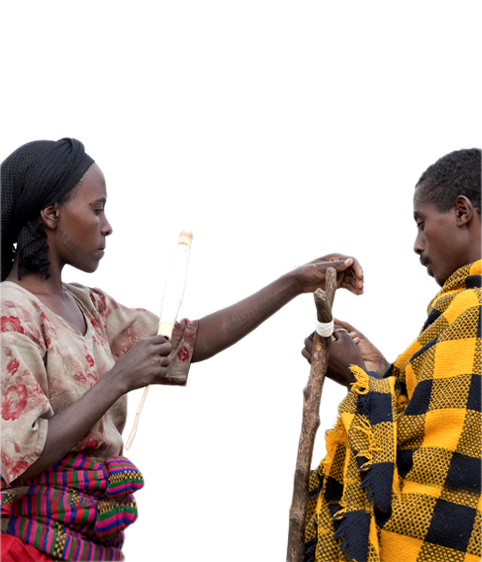
FAO supports gender equality in the agricultural sector in an effort to raise levels of nutrition in local communities and improve agricultural productivity.
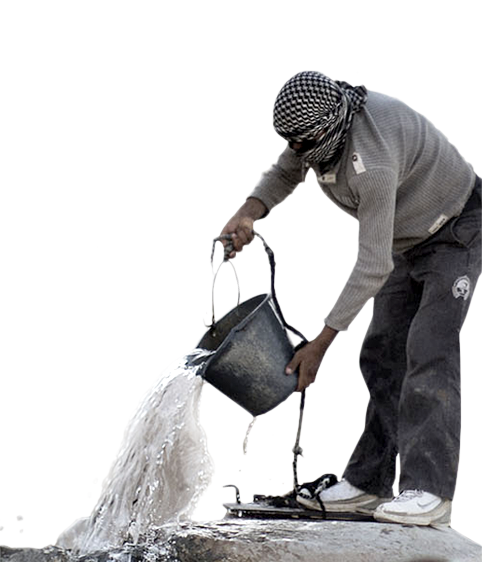
FAO works with governments to ensure water use in agriculture is made more efficient, equitable and environmentally friendly.
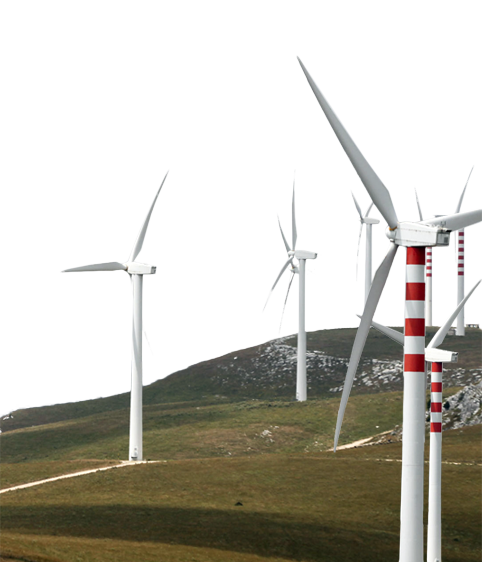
FAO promotes the use of renewable energies and works to ensure access to modern energy services across the food chain.
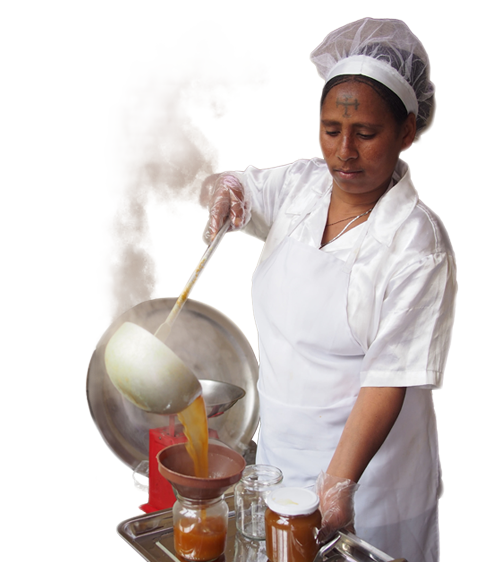
FAO seeks better economic opportunities for all by investing in sustainable agricultural practices and food systems that reduce inequalities and create decent jobs.
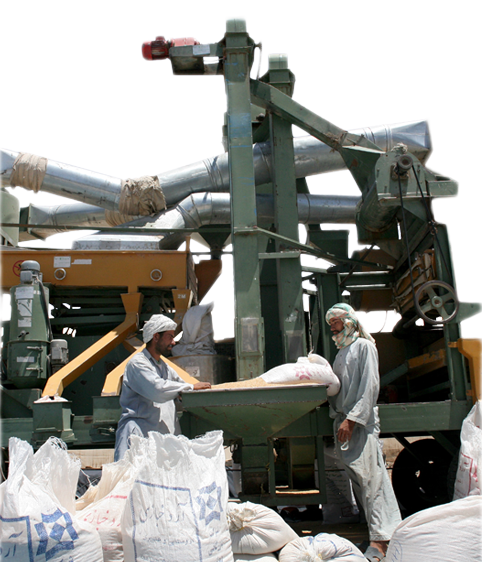
FAO seeks to secure a future for rural communities via investments in transportation, irrigation, food storage facilities and communication technologies.
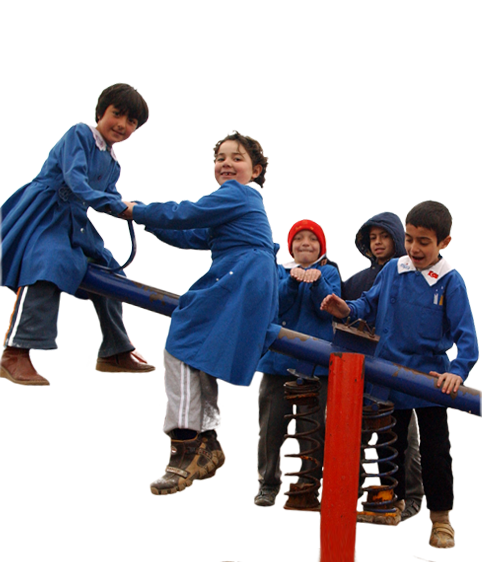
FAO works with countries and partners to generate employment in rural areas, ensure access to natural resources for the most vulnerable and connect farmers to markets.

FAO works to improve urban healthcare, water quality and rethink city region food systems to help deter the negative effects of sprawling urbanisation.
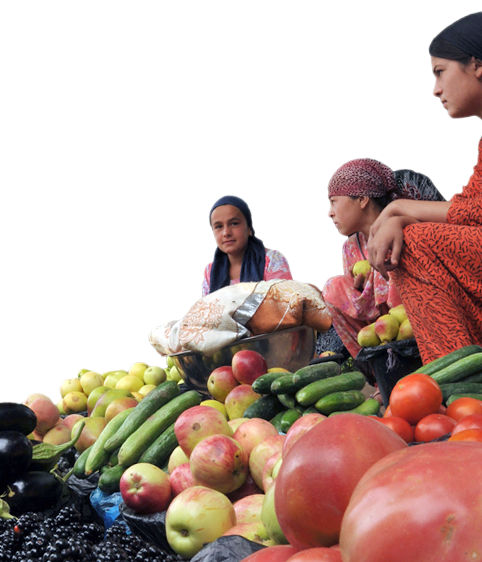
FAO coordinates major global initiatives and projects to tackle food waste and loss, partnering with international organisations, the private sector and civil society.
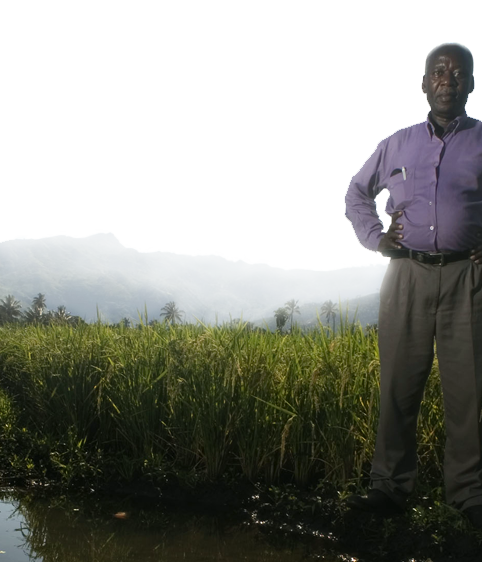
FAO supports countries in responding to the threats of climate change by providing advice, data and tools for better agricultural policies and practices.
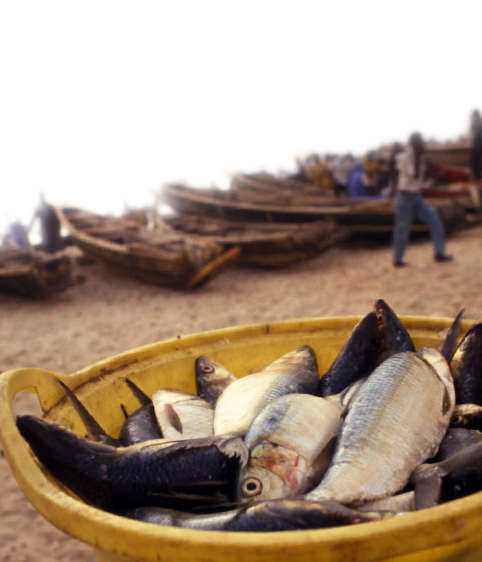
FAO, in partnership with governments and fishing communities, implements best practices in fisheries to ensure our oceans are protected as a means of livelihoods.
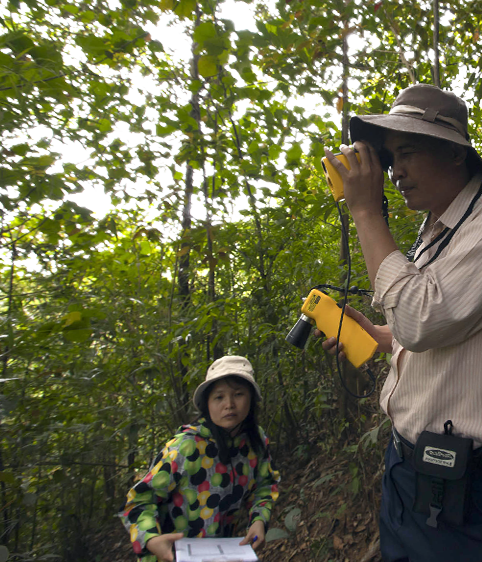
FAO promotes sustainable approaches to natural resource management and supports endeavours that promote a balance between conservation and development initiatives.
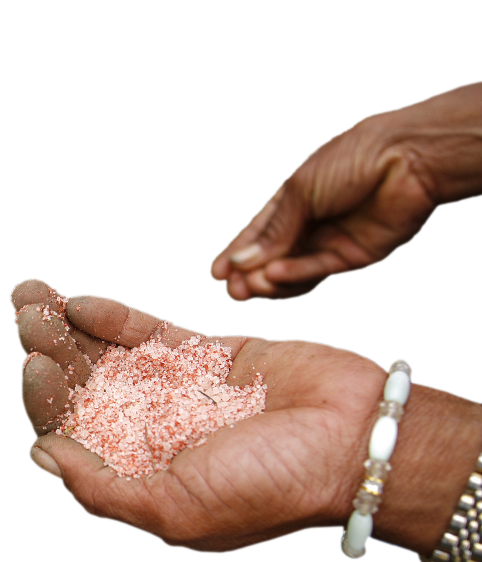
FAO plays a critical role in peacebuilding, restoring rural livelihoods, building resilience and participatory approaches to policymaking.
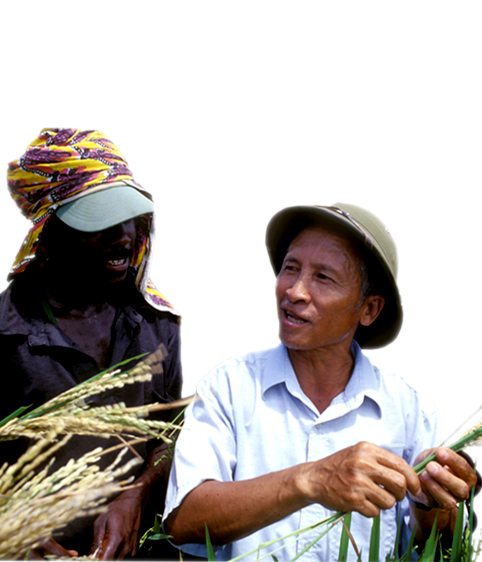
FAO acts as a neutral policymaking forum and develops partnerships with all concerned with food and agriculture to ensure a world free from hunger.





















